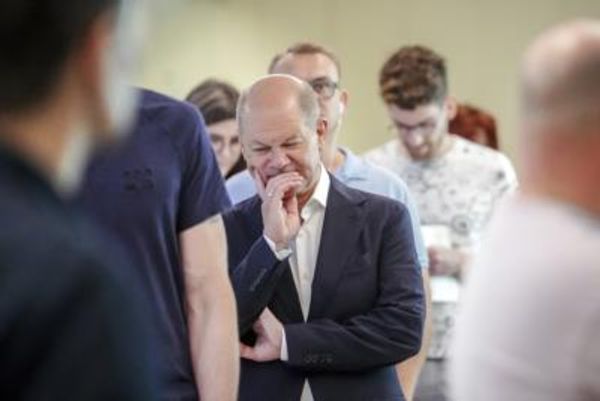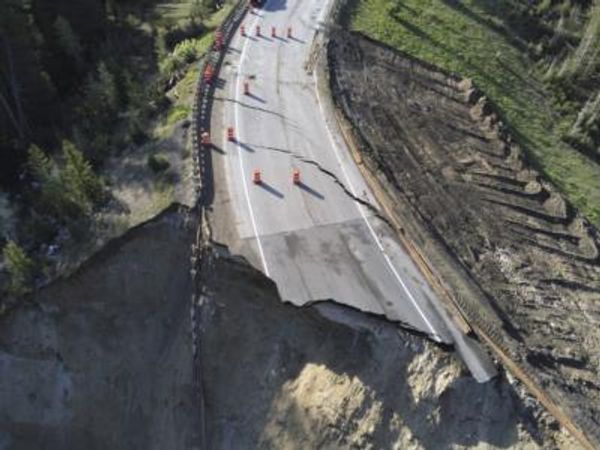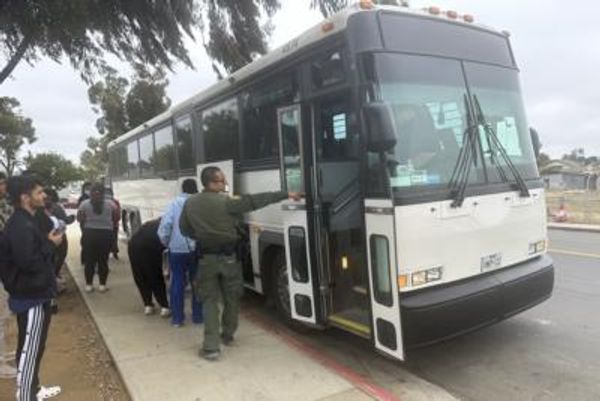
Did you know there’s an unregulated monopolist in our aviation sector with “a track record of using their market power, with the current regulatory regime providing no constraint on monopoly behaviour or providing any incentive to lower costs or improve quality”?
That’s according to Qantas’ submission earlier this year to the Abanese government on the aviation white paper currently being developed within the infrastructure portfolio.
Is Qantas referring to itself? Heavens no! In fact, “Australia is one of the most liberalised aviation markets in the world and Australian airlines operate in a highly competitive environment. This competition compels the sector to invest and innovate to reduce costs and deliver better service and products to consumers.”
Stop laughing, everyone.
The unregulated monopolists are airports, according to Qantas, which exercise their market power to gouge poor airlines: “Failure to address this will continue to hamper growth opportunities in existing markets, constrain the establishment of new routes and fail to realise economic opportunities (including creating more aviation jobs) for the broader economy.”
Yes, that’s Qantas, which under Alan Joyce was addicted to sacking workers, warning about threats to aviation jobs.
Now, no-one who has ever tried to park at an airport, or buy a beer or a coffee, would disagree that airports are gouging monopolists. Only that’s towards consumers. Just like Qantas, airports see consumers as a target to gouge, rip off and exploit in every possible way. But how do they see poor struggling airlines?
According to the Productivity Commission (PC), Qantas is completely wrong. In its 2019 report Economic Regulation of Airports, the PC devoted two chapters to airport market power and how they negotiated with airlines.
What did it find? “Sydney, Melbourne, Brisbane and Perth airports (the monitored airports) have significant market power in domestic and international aeronautical services.” But: “Constraints on an airport’s exercise of market power include countervailing power, airline bargaining power more broadly, and the level of demand for airport services. Qantas Group, Regional Express and Virgin Australia Group are each likely to have some ability to constrain the behaviour of airport operators.”
Overall, “The commission is satisfied that, on balance, airports have not systematically exercised their market power in negotiations with airlines. Agreements support risk sharing between airports and airlines, and have underpinned significant long-term investment in aeronautical assets.”
There were instances where both sides behaved poorly, and both sides liked to insert anti-competitive clauses in contracts, the commission found, but there was no case for regulatory intervention — though the government could facilitate ways to make the process more efficient.
Qantas instead wants the government to impose a legislated arbitration process that will give airlines more power to present take-it-or-leave-it offers to airports.
Given the mysterious hold the airline exerts over the government, that could see the aviation white paper process used to give Qantas yet another leg-up. After all, the Albanese government has refused to allow increased international competition from Qatar Airways and Turkish Airlines — despite international air fares being a notable contributor to the June quarter inflation figures. It has refused to establish an independent complaints-handling body for the airline industry despite the ACCC identifying Qantas as the country’s most complained-about company. And it’s cut funding for the ACCC to continue monitoring domestic air fares.
But that’s not all Qantas wants. Given greenwashing is the regulatory flavour of the month, how’s this for using the environment as a shield for corporate self-interest: Qantas wants the government to support a local sustainable aviation fuel (SAF) industry (“Aviation has been at the forefront of the global business response to climate change,” Qantas says, in defiance of the fact that air travel is one of the worst sources of CO2 emissions outside extractive industries). But it will rely “on the implementation of supportive policy settings and sector-wide incentives”.
The “supportive policy setting” Qantas wants is a mandate to force airlines fuelling in Australia to use SAF — just like the EU has recently implemented. Sounds good, yep? An airline finally doing something real about emissions! Except a mandate will mean the higher price of SAF will give Qantas cover to increase fares yet again, this time on the basis that it’s doing the right thing on climate, and it will push up barriers to entry for potential competitors, who will face significantly higher fuel costs to commence in a market already dominated by a predatory incumbent.
Qantas even suggests SAF be deemed a “strategic fuel” — a buzzword that should set alarm bells ringing.
In the current environment where it seems that what Qantas wants, Qantas gets, how long before the government acts to deliver on the airline’s agenda?






